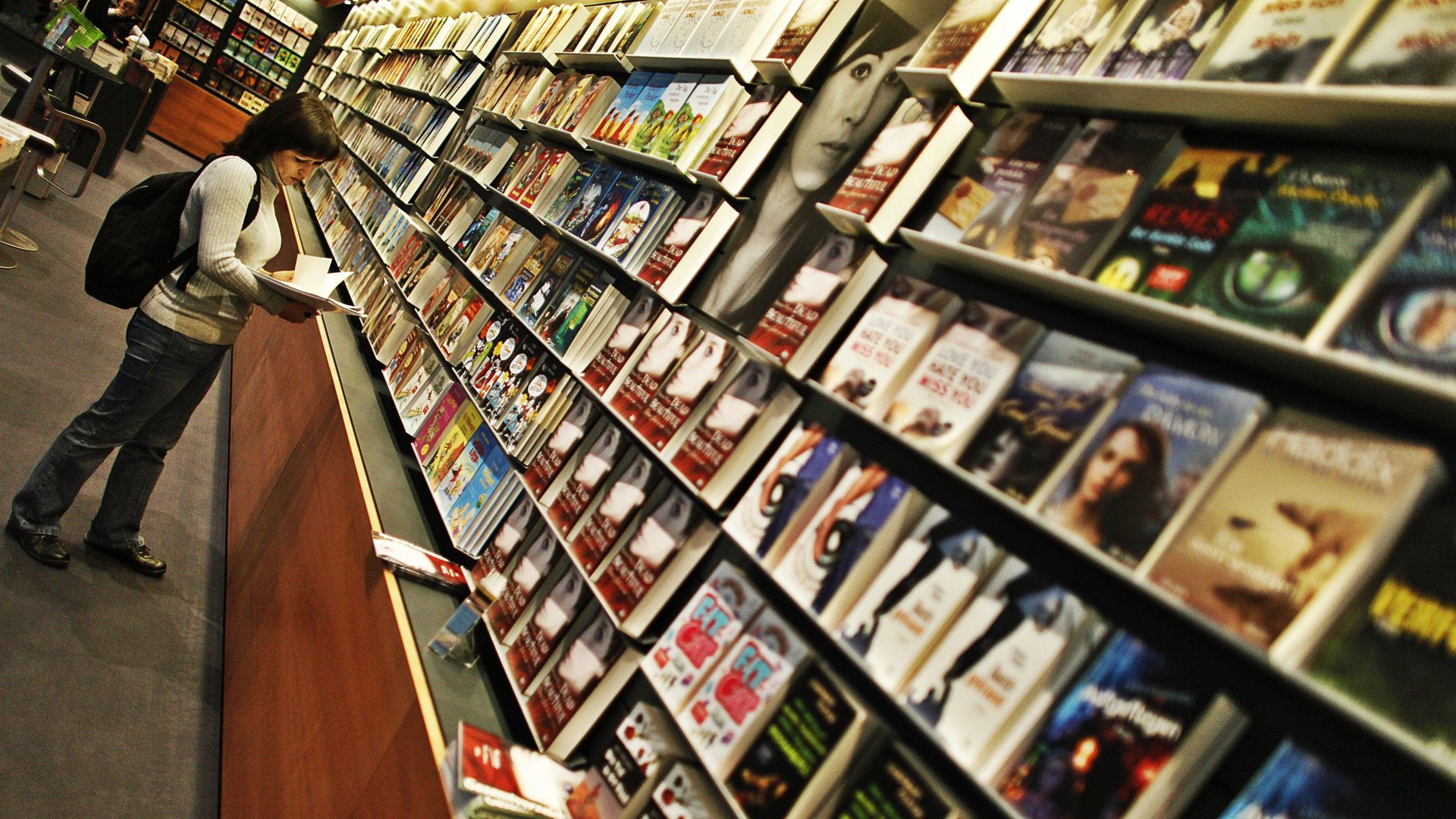One of literature’s biggest, Canuck-friendliest prizes has shut out the Great White North
Longlisted nominees for the 2015 Man Booker Prize—considered one of the premiere awards for English-language literature—were announced on July 29.


Longlisted nominees for the 2015 Man Booker Prize—considered one of the premiere awards for English-language literature—were announced on July 29.
This year marks the second time in the prize’s 46-year history that nominations of US authors were permitted. From 1969 to 2014, inclusions were limited to novels initially published in English by publishers in the Commonwealth of Nations: the UK, Canada, Australia, India, Nigeria, etc.
This year’s longlist, which will be whittled down to a shortlist of six on Sep. 15 (with the winner announced Oct. 13), includes five US authors: Bill Clegg for Did You Ever Have a Family (Jonathan Cape), Laila Lalami for The Moor’s Account (Periscope, Garnet Publishing), Marilynne Robinson for Lila (Virago), Anne Robinson for A Spool of Blue Thread (Chatto & Windus), and Hanya Yanagihara for A Little Life (Picador).
2015 nominees
US authors outnumber every other nationality, including those from the UK (only three). Likely, Man Booker purists will lament this Yankee invasion, though it probably reflects the reality of the industry. The US book market is one of the largest in the English-speaking world.
But some might point to this year’s complete absence of Canadian nominations as a reason for excluding US authors in the first place. This is the second year in a row no Canadian authors have been longlisted.
“I think it is pretty evident that any time you open up a prize to include other nationalities, and especially the USA with its huge number of fine authors, the odds of making any such prize list becomes that much harder,” Patrick Crean, a publisher with HarperCollins Canada, told the National Post last year.
Canadian authors have long been a linchpin of the Man Booker long- and shortlists. Alice Munro’s The Beggar Maid was the only short story collection to ever have been shortlisted. Michael Ondaatje was the first Canadian novelist to win the Prize in 1992 with The English Patient. Margaret Atwood’s The Blind Assassin (2000) and Yann Martel’s Life of Pi (2002) were also prizewinners, and Canadian literary stalwarts such as Mordecai Richler, Robertson Davies, Brian Moore, Rohinton Mistry, Michael Ignatieff, Carol Shields, Patrick deWitt, Esi Edugyan, Eleanor Catton (winner in 2013, with New Zealand dual-citizenship), have all been shortlisted in past years. Even more have been longlisted.
There’s clearly no dearth of quality Canadian literature in the marketplace—so why is the Great White North so habitually overlooked by Man Booker?
Some might say it’s a necessary sacrifice to open the contest up to writers from historically unrepresented corners of the globe. In 2015, Marlon James is the first Jamaican-born author to be nominated—wonderful news for a country with an already rich literary tradition. But if that’s the case, why is it that the Canadians are the ones taking the brunt of the shift? American and British authors are already the most overrepresented nationality when it comes to marketing and film-option opportunities. Budge up, eh?